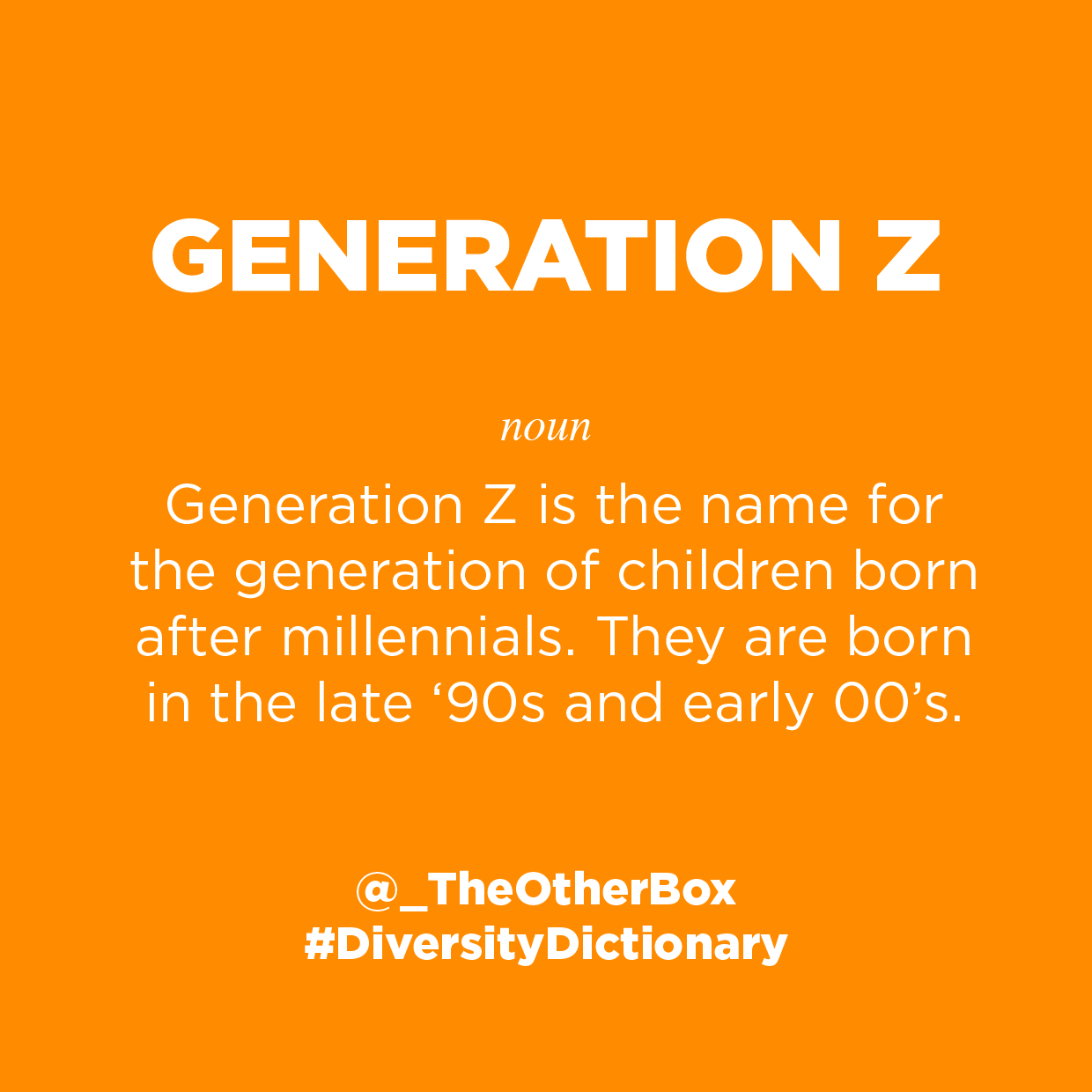by Roshni Goyate
March 2020 started with a flurry of International Women’s Day activity, but it has certainly ended in an altogether different place. Our scheduled content calendar was pushed to the side while we, along with all other businesses, worked out what COVID-19 life means for us. But our Diversity Dictionary™ Word of the Week schedule has remained intact. Indeed, now more than ever, when we’re all communicating remotely, it’s crucial to have a common language that helps us better understand our differences.
Our theme for the month was Ageism. While initial reports of COVID-19 had suggested that people aged 65 and over were most at risk, we’ve since seen that this virus does not discriminate, not even by age, and we all need to work together to protect each other. These are the associated words we shared each week:
AGEISM
The stereotyping of or discrimination against individuals or groups on the basis of their age. Some might automatically assume ageism is discrimination against older people, but it applies to any age.
INTERGENERATIONAL
Relating to, involving, or affecting several generations. There are four distinct generations in the workforce right now: Traditionalists, Baby Boomers, Generation X, and Millennials. While each brings their own wealth of knowledge and experiences, it is crucial for employers to understand the differences between them in order to have a truly diverse and inclusive workplace. Through our Diversity Dictionary™ module, we teach the value of building intergenerational teams and the positive impact they have on businesses.
MILLENNIAL
Denoting people reaching young adulthood in the early 21st century. Millennials, also known as Generation Y, are the demographic cohort following Generation X and preceding Generation Z. Researchers and popular media use the early 1980s as starting birth years and the mid-1990s to early 2000s as ending birth years, with 1981 to 1996 a widely accepted defining range for the generation.
GENERATION Z
Gen Z is the name for the generation of children after the millennials, born in the late 1990s and early 2000s. Like any new cohort, the media has been quick to generalise Gen Z, and a WGSN white paper discusses how the demographic as a whole is defined by the common circumstances of their upbringing. They are a generation defined by technology, cultural aggregation, fluidity and contradiction. A key characterisation is they are mobile natives - never really having known a reality outside of mobile screens and digital devices.
Part of our mission at The Other Box is to educate as many people as possible to become more fluent in the language of Diversity and Inclusion (D&I). On all our social channels, we’ll be sharing our monthly theme supported by weekly words and their definitions. The terms are a taster and have been taken from our CPD-certified Diversity Dictionary™ module in our Know Your Bias™ course. If you'd like to learn more, check out our courses page and fill in the contact form.
Header image: Clément Falize on Unsplash




